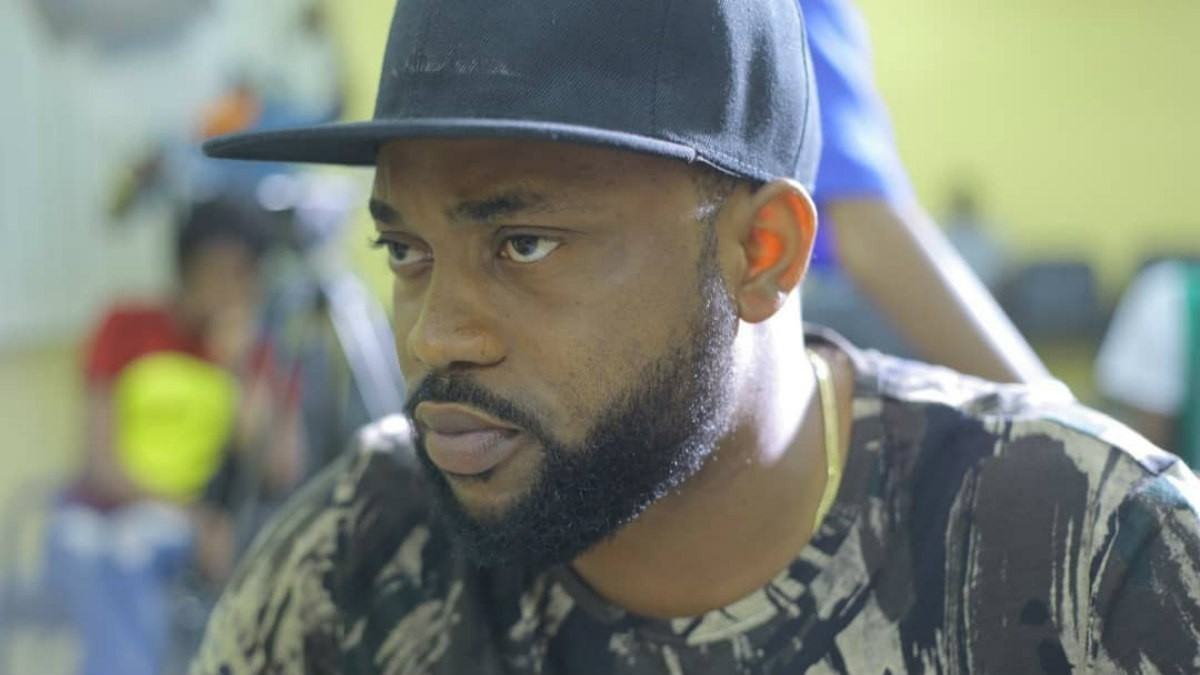Damola Olatunji Was Charged To Court For Standing Up Against Police Intimidation
Damola Olatunji
Nollywood actor, Damola Olatunji has been charged to court after confronting a police officer for slapping his P.A at Abule Egba area of Lagos State.
Recall that in a clip that went viral yesterday, a police officer was seen hiding his face after Damola confronted him and his colleagues for slapping his P.A because he (Damola) asked them to allow a young man whose bike they seized, to drive it.
Sharing recently, filmmaker and actor, Lanre Adediwura has confirmed that Damola was taken to Ogba Magistrate court after being kept in police custody for standing against police intimidation.
He added that Damola should be freed immediately because he was only defending a fellow Nigerian Citizen against possible humiliation.
His words, “I can’t imagine Damola Olatunji @damolaolatunji had been in police custody since yesterday only for standing against police intimidation. He is currently being taken to Ogba Magistrate court.”
“Please well-meaning Nigerians, we need you to get this to the appropriate quarter.”
“All we are asking for is freedom for @damolaolatunji”
“He was only defending a fellow Nigerian Citizen against possible humiliation. He is not a trouble maker as record has it.”
“His only offence was standing for a Nigerian.”
“#FreeDamolaOlatunji”
Nollywood is a sobriquet that originally referred to the Nigerian film industry. The origin of the term dates back to the early 2000s, traced to an article in The New York Times. Due to the history of evolving meanings and contexts, there is no clear or agreed-upon definition for the term, which has made it a subject to several controversies.
The origin of the term “Nollywood” remains unclear; Jonathan Haynes traced the earliest usage of the word to a 2002 article by Matt Steinglass in the New York Times, where it was used to describe Nigerian cinema.
Charles Igwe noted that Norimitsu Onishi also used the name in a September 2002 article he wrote for the New York Times. The term continues to be used in the media to refer to the Nigerian film industry, with its definition later assumed to be a portmanteau of the words “Nigeria” and “Hollywood”, the American major film hub.
Film-making in Nigeria is divided largely along regional, and marginally ethnic and religious lines. Thus, there are distinct film industries – each seeking to portray the concern of the particular section and ethnicity it represents. However, there is the English-language film industry which is a melting pot for filmmaking and filmmakers from most of the regional industries.



